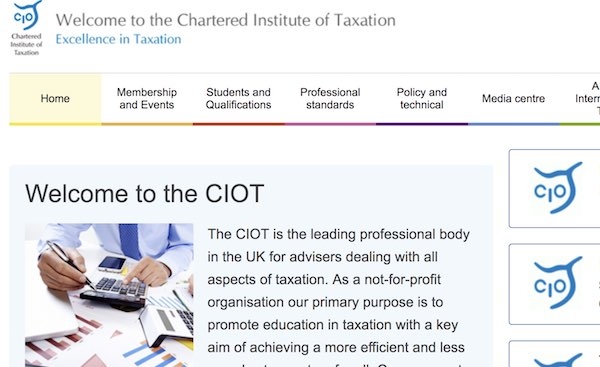The Chartered Institute of Taxation (CIOT) has warned that two “significant” new penalties for tax abuse have come into effect following Royal Assent to the Finance (No. 2) Act 2017.
The first is a substantial penalty for ‘enablers of defeated tax avoidance.’ This penalises enabling actions carried out on or after the date of Royal Assent and tax arrangements entered into on or after that date.
The second is a penalty for ‘failing to correct relevant offshore tax non-compliance’ which applies to failures to correct inaccuracies and omissions existing at the end of the tax year 2016/17 within the period from 6 April 2017 to 30 September 2018.
The CIOT says that the enablers’ penalty is the latest in a series of measures to tackle marketed tax avoidance.
The penalty applies to anyone who enables the use of tax avoidance arrangements that HMRC later defeat either in a court or tribunal. It targets individuals and entities that make a profit from enabling ‘abusive tax arrangements’ by imposing a fixed 100 per cent fee-based penalty on everyone in the ‘supply chain.’
Chris Davidson, chair of the CIOT’s Management of Taxes Sub-committee, said: “The enabling penalty is a significant provision to support HMRC’s continued offensive against tax avoidance.”
Commenting on the ‘failure to correct’ penalty, Chris Davidson said: “The Government are right to continue to clamp down on offshore tax evasion.
“This measure requires taxpayers to correct their tax affairs without specific prompting from HMRC, so there needs to be effective communication of the proposals to ensure affected taxpayers are aware of them.
“There are still taxpayers who have not put their offshore affairs in order not necessarily because they are deliberately trying to evade or not comply with their responsibilities, but because, for example, they may not have reviewed their tax affairs recently and do not realise that they are no longer compliant – they simply do not identify themselves as ‘tax evaders’. These people need to take advice as soon as possible.”

